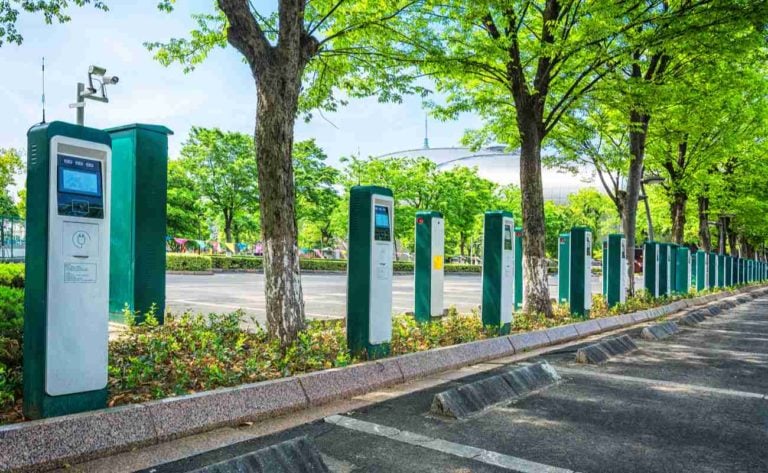Momentum is once again building for a roll-out and the issues are carbon and its impacts have never been more prominent and rightly so. If you’re on Euro 5 or below, the truth is that it’s about to become expensive for your business.
Prior to COVID-19, climate change was the biggest issue of our time. Back in April the UK Government delayed CAZ (Clean air zones) in Birmingham, Leeds and Bath until January 2021. They also delayed a zero-emissions zone in Oxford until summer 2021 and suspended the low emission zone (LEZ) and ultra-low emission zone (ULEZ) in London in order to aid in combatting the outbreak.
Now the Government has announced that the automotive sector will receive a £73.5million investment, for advanced technology to cut carbon emissions, and a £12million innovation fund for the zero-emission market, putting green technology firmly back on the agenda. Transport Minister Rachel Maclean said: “As we look to kick-start our green transport recovery, new technologies and cleaner fuels are going to play an even greater role in achieving our aim of a greener and more prosperous economy.”
Furthermore, it has also been announced that green number plates will be introduced in the Autumn to make it easier for vehicles to be identified as zero emission. The Department for Transport hopes that this will help local authorities to put in place new incentives for people to own and drive zero emission vehicles.
Yet despite it clearly being relatively high up on the Government’s agenda, as an industry, we are only really approaching first base in terms of the fuelling or charging infrastructure, vehicle range, mass production and availability of vehicles and technical support. The local and government authorities recognise this, but the public pressure to set early targets and therefore the political desire to send out unrealistic sound bites continues.
As operators and fleet providers we are caught in the middle, and arguably at a time when the Euro 6 diesel engine is easily the most economical solution for the vast majority of transport needs and with its emission levels significantly below the medium term requirements, we have the low carbon emission solution here and now. This is not a reason to delay the electric and gas prototypes as we must all turn to at least one of these options in the next 10-15 years, but it’s not key to do this now and moving to alternative fuelled vehicles is for many simply a PR statement or a contractual obligation rather than an economical choice (unless it’s a low range, last mile transport option). At Asset Alliance Group, we have facilitated HGV trials of both electric and gas, but for many reasons the numbers still don’t add up and the technology curve on performance rises exponentially each year, making it difficult to commit as an early adopter. In the bus market, things are definitely different and while numbers are still low, momentum to change is irreversibly underway given the lower km range requirement and clear local transport authority directives to switch. We have funded over £50m of both gas and electric bus vehicles in the last 12 months. However, the logistics and road haulage sector is not yet ready.
All of that said, fleets really must look to be Euro 6 compliant. If you are running Euro 5 or 4 diesel vehicles, this is what you will experience in 2021:
Major cities are already racing to follow London’s lead with a CAZ or a LEZ. London went ULEZ last year and, Birmingham, Derby, Leeds, Nottingham, Southampton, Glasgow and Edinburgh are all expected to bring in their own systems with tariffs for fines typically around £100 per day or more. Penalty fines per day will mean that a fleet upgrade is the only way forward to operate profitably and in many occasions, it will need to be an upgrade to Euro 6 to avoid all penalties and receive running efficiencies, or, take the greater operational risk and financial commitment to move to alternative fuelled vehicles.
Despite best intentions from the Government, the complete shift away from diesel is not yet possible. It remains the safe haven for fleet operators until a time when we can confidently invest in; high-range, quick-charging or fuelling vehicles that can be technically supported, and, with a cost of operations that can be translated into profitable business for the logistics and haulage sector.
You can find updates on CAZ here, and you can get in touch with us for any vehicle upgrade requirements here.

